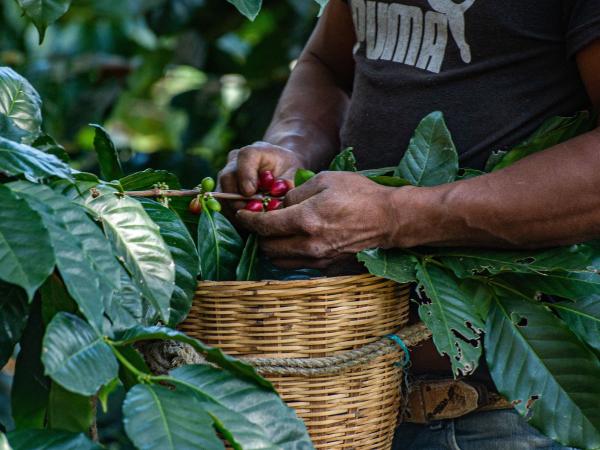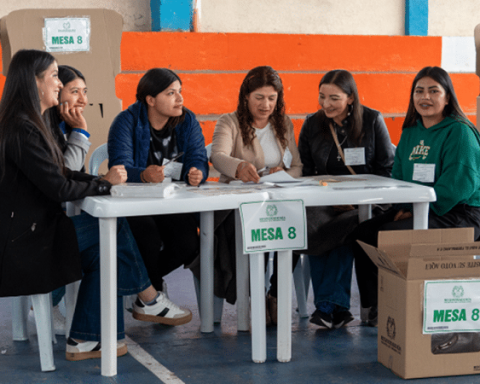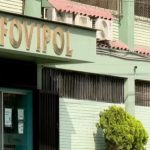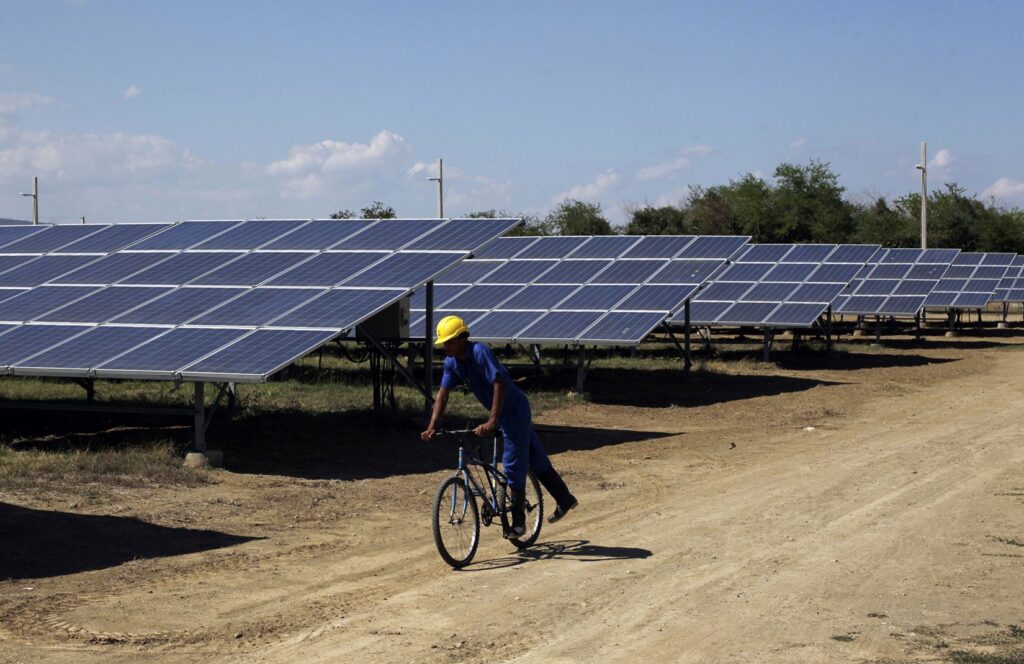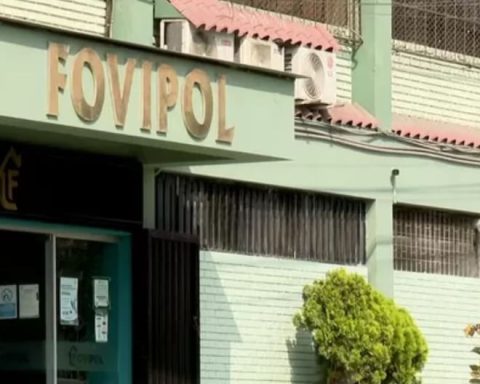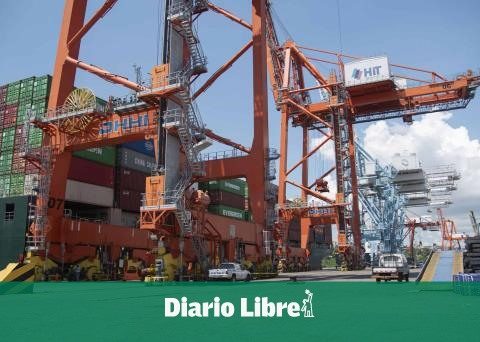It was only a matter of time before the prophecy about poor risk management in futures contracts was fulfilled. Federation of Coffee Growers: lhe accumulated losses already exceed 120 million dollars, more than what the 550,000 coffee-producing families pay for a whole year on account of the coffee contribution.
(Read: Old dump trucks reduce their pollution levels).
The Federation of Coffee Growers and the Government were recently summoned to political control in the Senate and the Chamber. They are imputed for el poor technical and legal design of the so-called ‘futures contracts’ that they made with the coffee growers’ cooperatives to buy coffee at a previously established price, and that the cooperatives in turn made with the producers. As the price at the time of delivery turned out to be much higher than the agreed price, the coffee growers defaulted on deliveries, since it was much better for them to sell the coffee to higher bidders. In turn, this led the cooperatives to default on the Federation.
for not having written rigorous contracts, with initial deposits to cover price changes and with other performance guarantees, the Federation in practice gave the cooperatives a free ‘put’ option to sell the coffee if prices fell, but default if prices rose. In practice, the volume of futures was immense: as cooperatives and producers did not incur any costs at the time of announcing the business, a speculative wave was created like that of the ‘subprime’ of mortgages in the United States in 2018, in which financial derivatives were offered over other derivatives with minimal costs. The problem spread to the rest of the market to the extent that some private exporters copied the Federation’s instrument in order not to lose market share.
While the market moved in a narrow range, the producers fulfilled the commitments. The Commercial Management of the Federation was enthusiastic, to the point of promoting the instrument even with the agricultural technicians of the extension service.
But when prices picked up, in April 2021, producers and cooperatives began to massively default on the Federation. Instead of going out to liquidate the positions in the stock market that were tied to the unfulfilled contracts, the Federation preferred to double the bets: it went out to offer new contracts at higher prices, to the same cooperatives that had been in breach.
today con exchange prices at $2.40 per pound, virtually no one is delivering on the promise to deliver the coffee at the promised price of $1.30 a pound. Last year not even 10% of futures ‘contracts’ were fulfilled. But the icing on the cake was missing: the ‘contracts’ didn’t even exist. Indeed, only in recent months, the Federation has set itself the task of formalizing the purchase intentions made by the cooperatives through WhatsApp in the previous two years. The only cooperative that recognized the contracts was that of Andes, which had no escape because it was intervened by Supersolididadria, and today it is bankrupt.
With this government thinking more about the daiquiri on August 8 – as a representative said in the recent debate in the Chamber – the Federation convinced the Minister of Finance to leave everything in the balance sheet of the National Coffee Fund as an account receivable , at increasingly distant terms and without making any provision. Lighting candles so that in the future the price returns to US$1.30, and the exchange rate to 3,500 pesos per dollar.
The Minister of Finance, in the debate in the Chamber, was clear in pointing out that this mess is not with him, since his participation in the National Committee is limited to the design of the coffee policy; discharging all responsibility for the problem on the administrator of the Fund: the Federation of Coffee Growers.
(Keep reading: Guilds believe that the rise in gasoline prices will affect the family basket).
The Federation, for its part, now awaits the miracle that the government that begins on August 7 does not understand much about the issue and over time its responsibility for the creation and management of the coffee ‘subprime’ will be diluted. As Gabriel Silva said: achievements are individual and collective errors.
Eduardo Lora and Felipe Robayo
